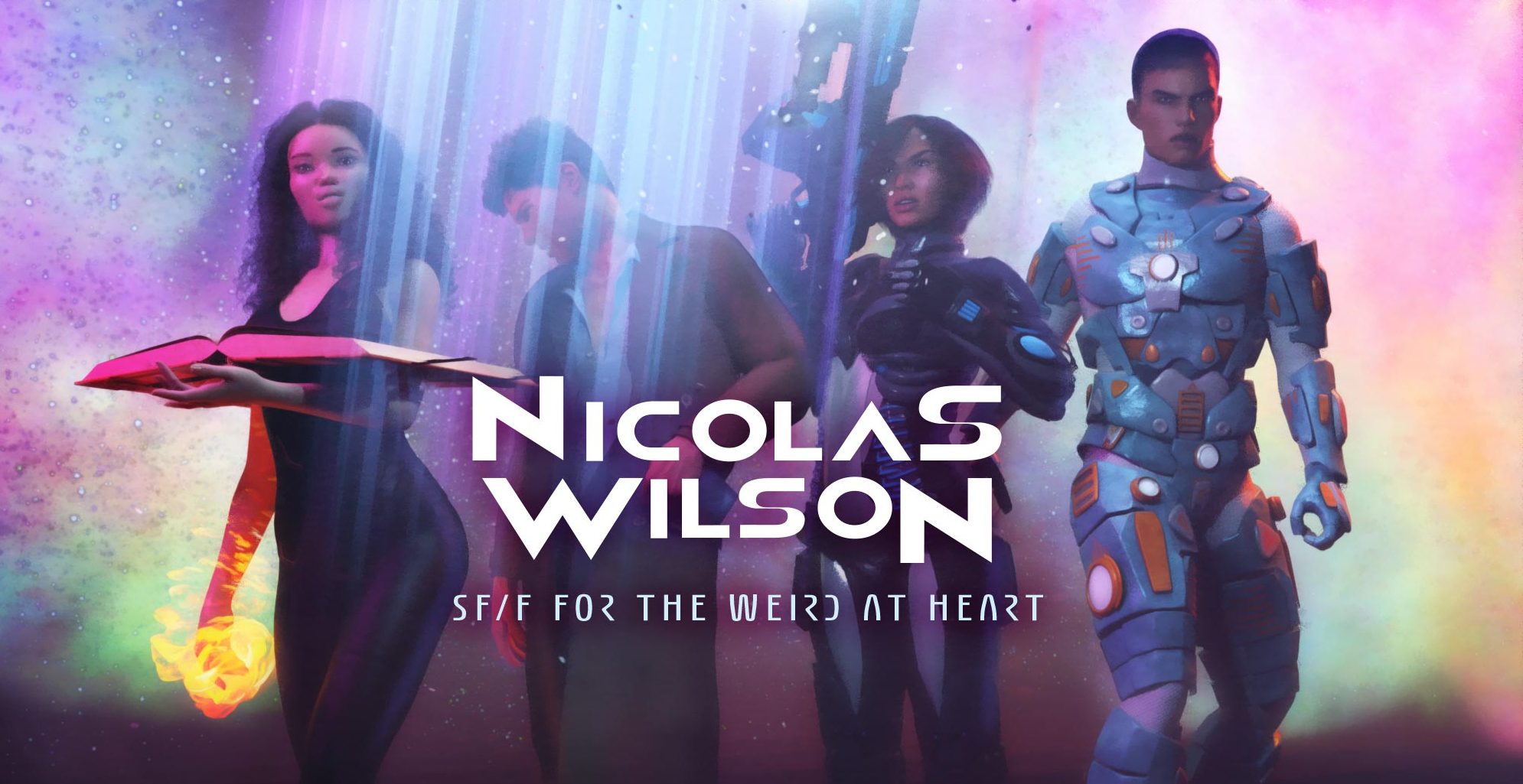“I’m telling you, we’re fine, mom,” Tucker said, adjusting the cushion on the sofa. “You didn’t have to come all the way here; you could have called or something.”
“Really?” she asked. “Because it looks like a stampede came through here.”
“Just a few friends over, and we just had a few drinks.” Her mother led her eyes to a cemetery of dead soldiers on the counter. “One of those ‘few’ might have been an understatement.”
“And are you using protection?”
“I tried. I put a condom on a beer, but it kept me from being able to drink it. Kind of spoiled the fun.”
“You know what I mean.” She picked up one of the bottles and turned it over in her hand thoughtfully, before setting it back down. “I think you and Iago should come home.”
“Why?” Tucker asked, annoyance showing in his voice.
“Because you’re not safe here.”
“And we would be at home?”
“I know you and Iago are good kids. But the rest of these Breed…”
“You think my fellow students are the threat? As opposed to the bigot gun-humping militia all but sicced on us by your President, with the sycophantic backing of your party.”
“That’s not fair. I don’t support the hateful rhetoric they spout about your… kind.”
“And what form does your lack of support take? Because if it’s quiet disapproval, a glare and a wagged finger at the dining room TV, they don’t care. They don’t even know about it. In fact, they take your silence as approval; the rest of us see it as complicity.”
“You’re not being fair to me.”
Tucker sighed. “Fairness really doesn’t enter into it. You’re tacitly supporting a lot of really bad things. And it really doesn’t matter if you personally approve of those bad things or not. You might not personally feel disproportionately disenfranchising people of color is right, but your party does, and you support them, which they take as approval. You might not personally agree with a travel ban on ‘certain kinds’ of people of color, but your party does. You might not support all the hate spilled on LGBT people, the assault on our rights or our dignity, but you support the party that does.”
“I’m not a bigot, Tucker.”
“Mom… I know what’s in your heart, and in your head. But what you need to understand is that doesn’t matter. You support a bigot. A racist. A homophobe. A transphobe. You support a political party that wants to strip me and everyone I care about of rights. Right now, if they had their way, people like me, like Iago, we would be in cages, mom, just because we’re different. If you think you can support something like that without becoming a monster yourself, you’re wrong. And I have to believe the person you are would want to stop being wrong.”
“I’m not a bigot,” she repeated bitterly.
“And what you refuse to hear is it doesn’t matter. If you do bigoted things, if you enable bigoted outcomes, if you have thrown in with bigots, you are marching with a bigoted army. Not every Nazi was an anti-Semite, homophobe or racist; that didn’t do anyone who they killed in the Holocaust a lick of good. I’m begging you- do better, mom. Because someone I care about is going to get hurt, and I will blame you for it- I will never forgive you for it.”
“I should go. Before one of us says something we can’t take back.”
“You already have,” Tucker said, as his mother shut the apartment door, the screen door clattering noisily in her wake.
